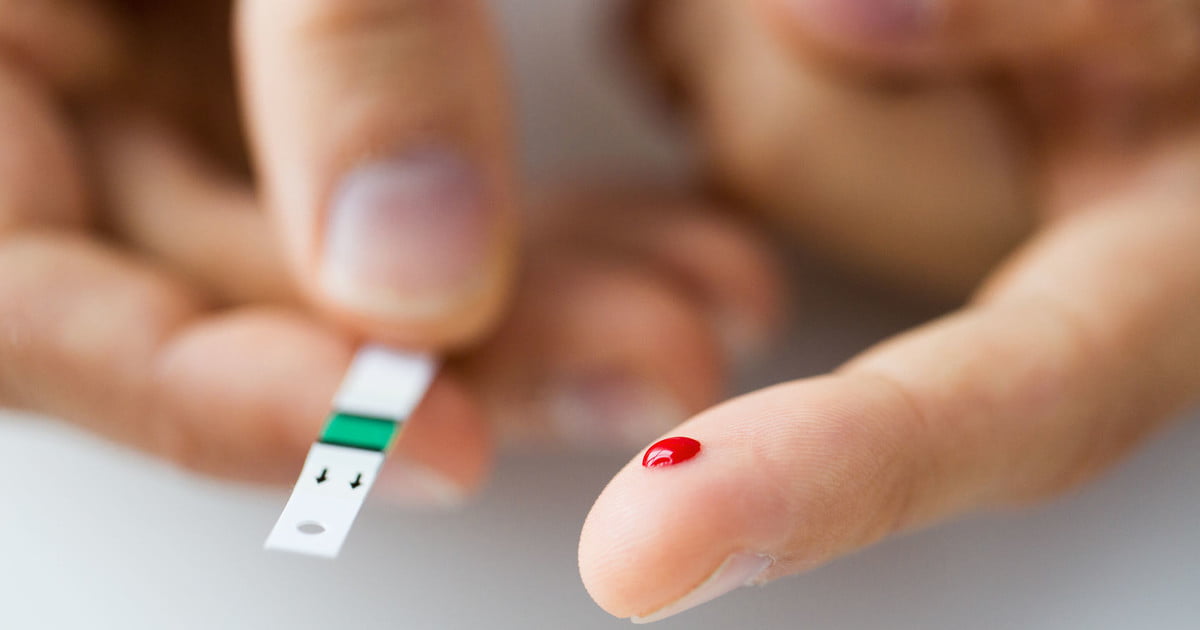Guide To Treating Glomerulonephritis
Control Blood Sugar

Anyone who has diabetes and glomerulonephritis will be strongly advised to closely monitor and control their blood sugar. This is imperative to prevent further permanent damage to the kidneys. When glucose levels in the blood are too high, blood flows into the kidneys at a higher velocity. This is a problem because it causes an increase in blood pressure, and it also strains the kidneys' filtering process. A combination of these factors causes the collapse of the small capillaries in the glomerulus. When that happens, scarring develops on the glomeruli. Scarring of the glomeruli can cause and exasperate glomerulonephritis and chronic kidney disease. When an individual with diabetes does not control their condition properly, the progression of chronic kidney disease to end-stage renal disease becomes expedited. At the very minimum, high blood pressure that results from poor diabetes management can easily inflict damage on the glomeruli and speed up the development of chronic kidney disease.